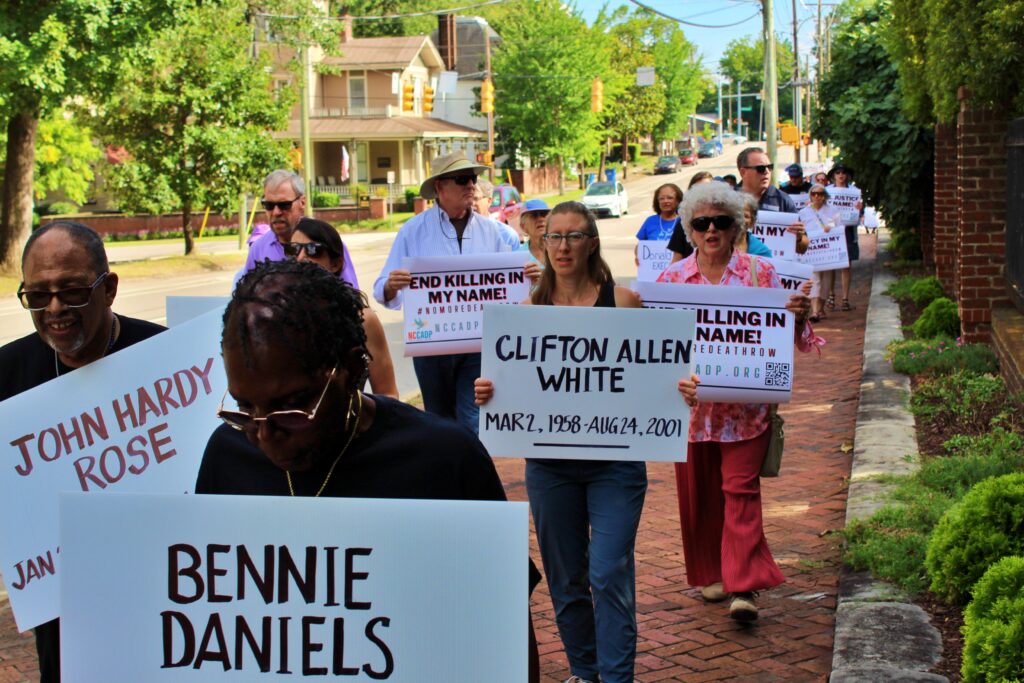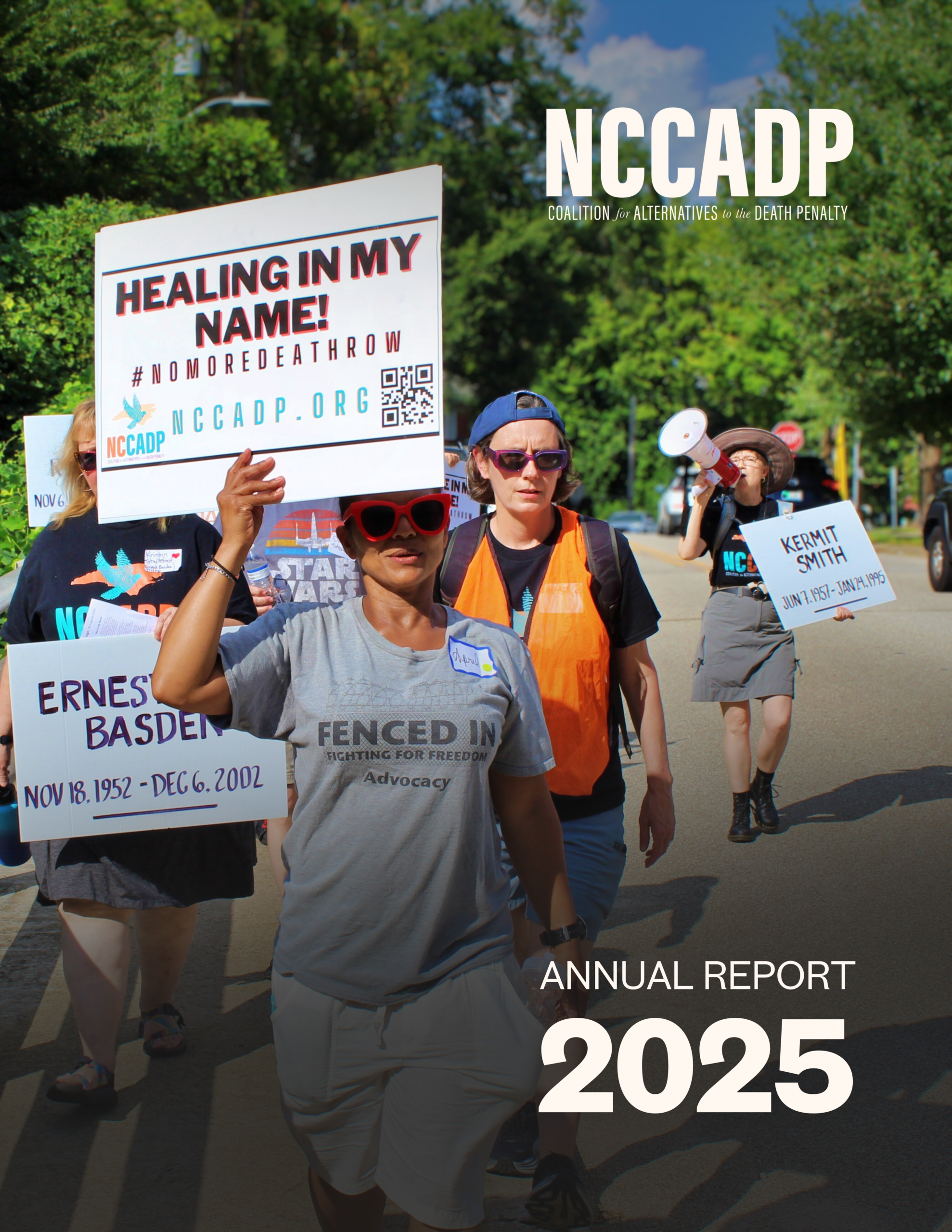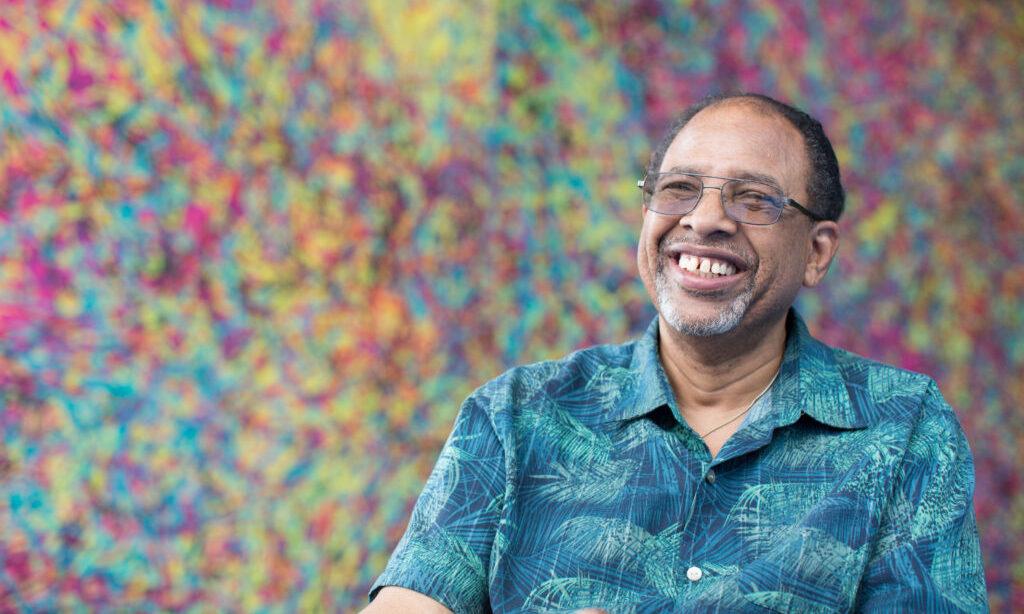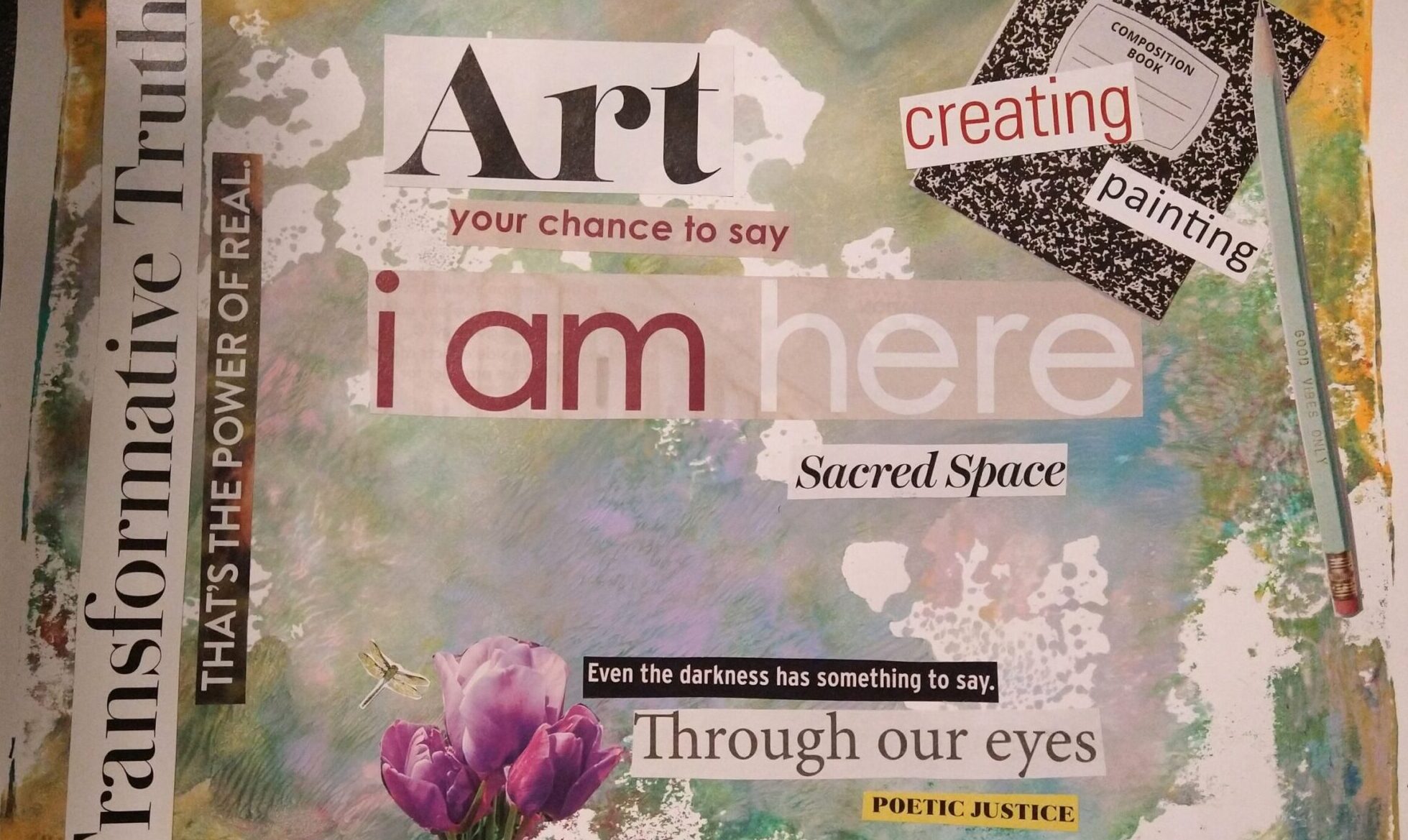
The North Carolina Coalition for Alternatives to the Death Penalty is a statewide coalition of member organizations and individuals committed to ending the death penalty and creating a new vision of justice. We are dedicated to broad criminal legal reform rooted in restorative justice. We work with and educate lawmakers, communities, and the public about the racist, unjust and ineffectual death penalty system. Read more.
NC Death Penalty
by the Numbers
- 122 people on death row.
- Nearly 60% are people of color.
- Nearly half were sentenced by overwhelmingly white juries.
- 2 times more likely to be sentenced to death if victim of the murder is white.
- 12 innocent people exonerated.
- 11 exonerees are people of color.
- 43 people executed since 1976.
- 2006: the last year someone was executed.
- 2025: the last year someone was sentenced to death.
- 17 capital trials are scheduled for 2026.
- $2.16 million average additional cost for each case resulting in execution vs. sentenced to life in prison.
From the Blog
2025 Impact Report
The NC Coalition for Alternatives to the Death Penalty is proud to share our first-ever impact report, reflecting on a pivotal year for North Carolina’s death penalty abolition movement. From the triumph of 15 lives saved at the end of our Commutations Campaign to repeated legislative efforts to bring back state killing after nearly 20…
People Most Proximate
“We cannot create justice without getting close to places where injustices prevail. We have to get proximate.”
—Bryan Stevenson
We have much to learn from the voices of those directly affected by the death penalty: People who’ve lost loved ones to murder, people on and exonerated from death row and their families, and people who’ve suffered the grief of execution. Their leadership is key to ending the death penalty. Here, you can read their stories and see the art they’ve created as they journey to find healing after losing a loved one, to go on living under a sentence of death, and to discover a more expansive meaning for the word “justice.”



